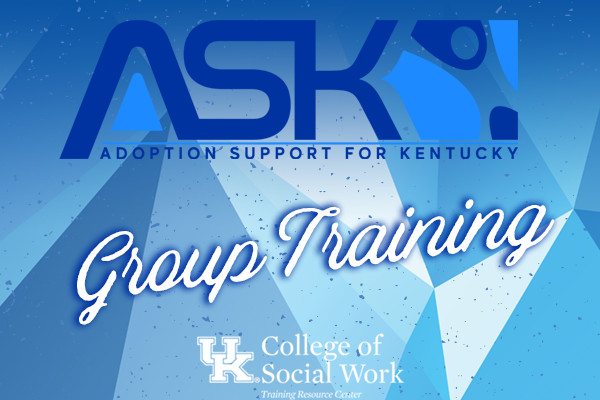Involuntary Psychiatric Treatment And The Effect On Overall Treatment
In clinical social work practice a clinician often assesses risk, level of care, and the overall mental capacity and capability of the clients they serve. In some instances when a client is deemed at a high level of risk, the client may be subject to being admitted to involuntary psychiatric treatment. Involuntary psychiatric treatment is when a client is admitted and/or mandated to a form of treatment intervention against their will.
This often results in clients being uprooted from their everyday lives and can cause a major disruption within contexts of their employment, social relationships, family, and societal responsibilities. While this form of treatment is necessary in some instances of clinical practice in order to ensure that a client and others around them are safe, this capstone seeks to define involuntary clients, determine appropriate interventions, increase treatment outcomes, and bridge the gap between levels of care and the treatment options that are provided to those who are deemed at different levels of risk.













